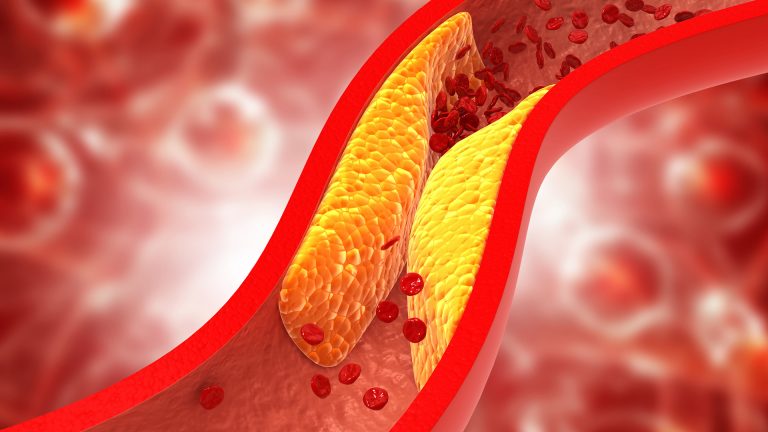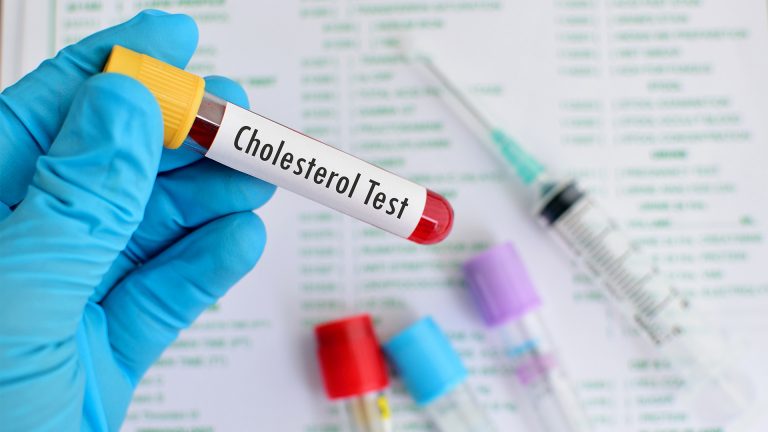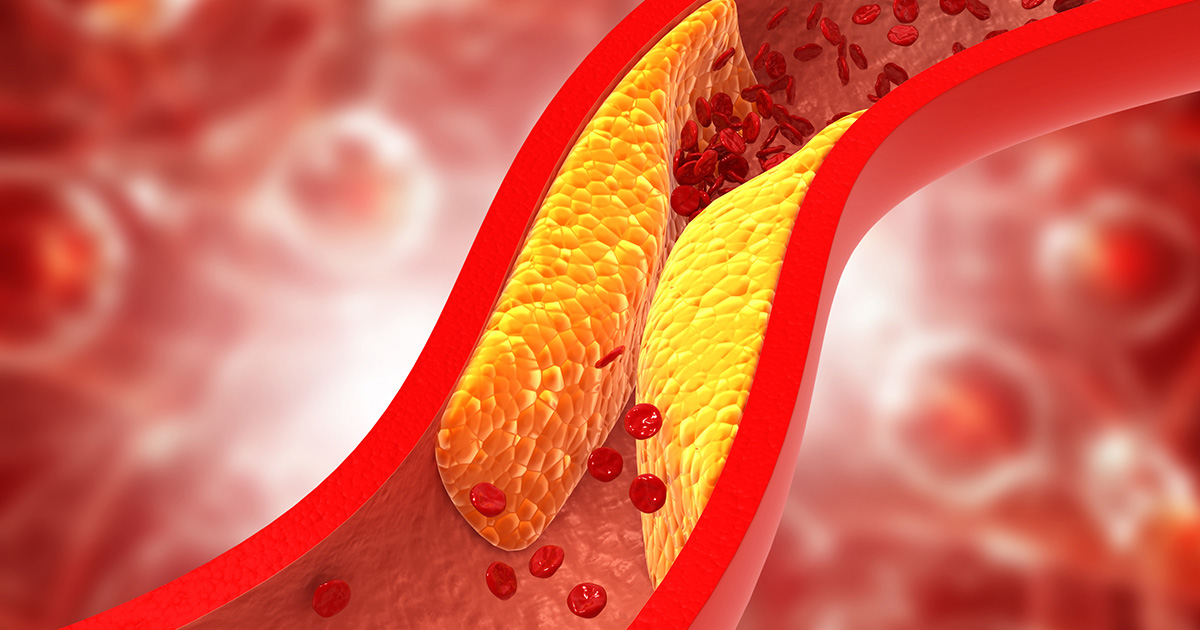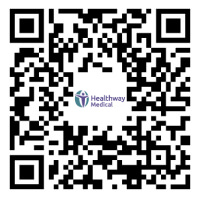High Cholesterol: Causes, Symptoms and Tips to Lower Your Cholesterol
What is high cholesterol?
High cholesterol is one of the common chronic diseases, in which your blood contains an excess of lipids (fats). It is also referred to as hyperlipidemia or hypercholesterolemia. Having excess lipids can lead to a build-up of plaque in your blood vessels, putting you at risk of heart attack and stroke.
Causes of high cholesterol
Cholesterol travels through your blood, attached to proteins. The cholesterol and proteins combination are referred to as a lipoprotein. There are different types of cholesterol, based on what the lipoprotein carries. One type of cholesterol is the “bad” cholesterol, which is also known as Low-density lipoprotein (LDL). LDLs are responsible for causing plaque to build up in your arteries. Having too many of them can lead to heart problems over time.
Your body produces all the LDL (bad) cholesterol it requires. Unhealthy lifestyle or genetics can cause your body to produce more LDL cholesterol than it requires. Lifestyle factors include:
- Smoking
- Being too stressed
- Drinking too much alcohol
- Sedentary lifestyle
- Poor diet
There are some medical conditions that can result in unhealthy cholesterol levels, such as:
- Chronic kidney disease
- Diabetes
- HIV/AIDS
- Hypothyroidism
- Lupus

Symptoms of high cholesterol
In most cases, high cholesterol is a “silent” condition, as there are no symptoms. The only way to detect it is through a blood test.
If you have a family history of high cholesterol, the doctor may recommend you to have your cholesterol levels checked more frequently. He or she might also suggest it if you have the following risk factors:
- high blood pressure
- smoke
- overweight

Tips to lower your cholesterol
You can prevent high cholesterol and lower your cholesterol by eating a heart-healthy diet. A heart-healthy diet consists of fruits, vegetables, whole grains, poultry, fish, and nuts, while limiting red and processed meats, sodium and sugar-sweetened foods and beverages.
Besides consuming a heart-healthy diet, it is also important to maintain a healthy lifestyle, such as:
- Manage stress
- Quit smoking
- Exercise regularly
- Maintain a healthy weight
- Limit alcohol
When lifestyle changes are not sufficient to lower cholesterol levels, your doctor may prescribe medication. By consuming the prescribed medication while living a healthy lifestyle, you can keep your cholesterol in a healthy range and reduce the risk of heart disease and stroke. Please consult your doctor about your risk of high cholesterol and how you can manage it.







